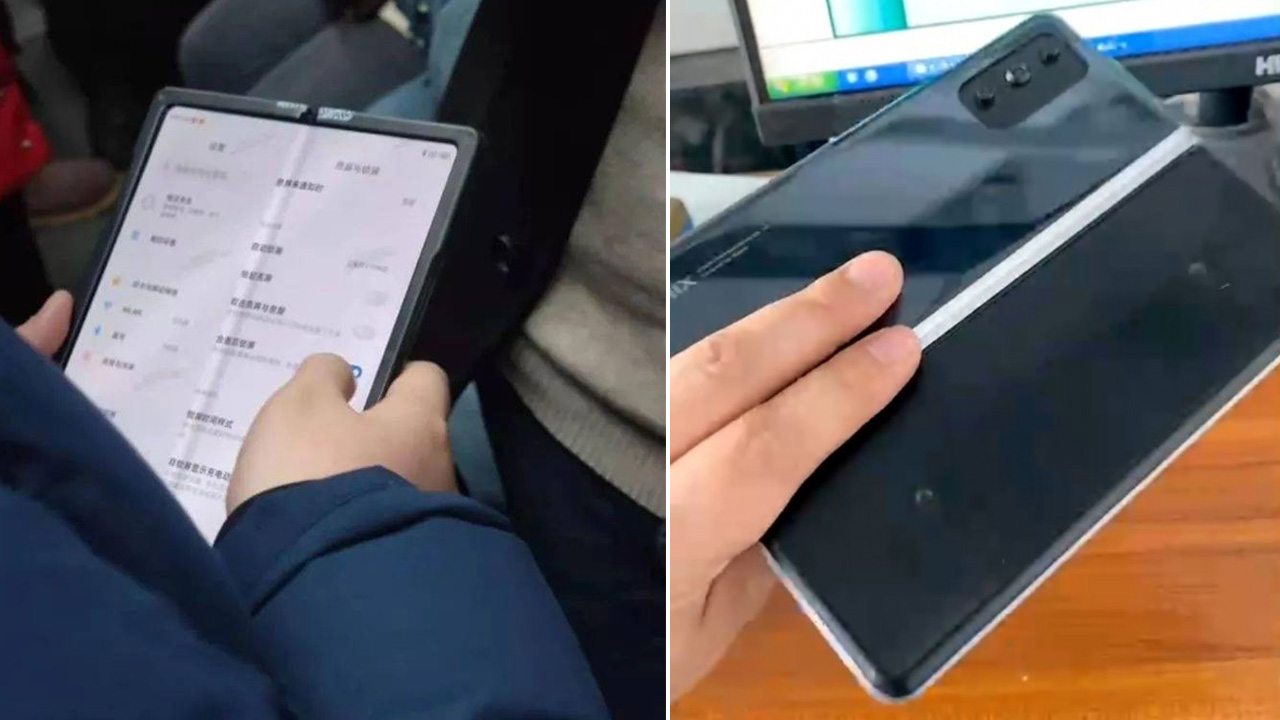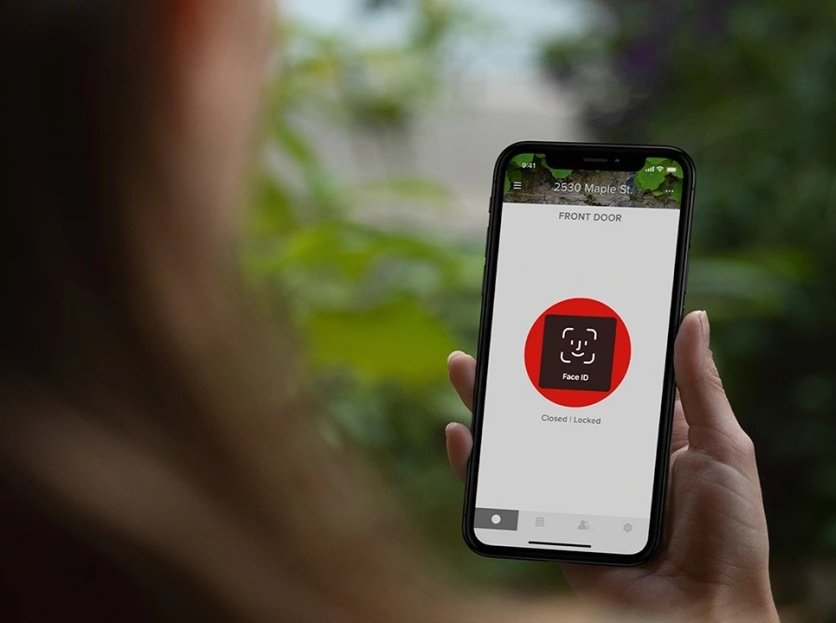Verizon Finally Starts Blocking + Reporting Cross-Network Robocalls - Android
Verizon may be a bit over a year late to the party but it is now actively blocking and reporting robocalls outside of its own network. That's based on a recent blog post from the carrier, in which Verizon indicates that it is now "exchanging" STIR/SHAKEN-enabled calls with participating networks. Namely, that's the "no. 2 [...]
Read More...
The post Verizon Finally Starts Blocking & Reporting Cross-Network Robocalls appeared first on Android Headlines.

Verizon may be a bit over a year late to the party but it is now actively blocking and reporting robocalls outside of its own network. That's based on a recent blog post from the carrier, in which Verizon indicates that it is now "exchanging" STIR/SHAKEN-enabled calls with participating networks. Namely, that's the "no. 2 and no. 3 wireless carriers" in addition to one "major wireline provider."
Presumably, this means that calls across multiple networks, including to and from Verizon, T-Mobile, and AT&T are no protected against the bulk of robocalls. And that also includes one unnamed wireline provider. STIR and SHAKEN is part of an industry-wide effort to verify phone calls made from numbers associated with a given network. The calls are checked to ensure that the phone number and/or caller ID haven't been spoofed.
How many users does this move from Verizon help protect from robocalls?
Verizon says that, collectively, the decision to help block robocalls across multiple networks now protects around 80-percent of the market. Equating to around 24-million calls blocked per day. And that it has, as of the report's writing, protected more than 75 million customers from more than ten billion unwanted calls. But the company is going a bit further than blocking the calls too.
Like other company's, Verizon is also supporting traceback efforts via USTelecom's Industry Traceback Group. That means that it is actively identifying where robocalls come from. It's also working with partners across the industry to create "Honeypots."
Those are lines used to trace the calls back to their original source. And then notify law enforcement so that the appropriate course of action can be taken. The company says it captured more than 200,000 Honeypot hits in 2021 alone.
What can you do to aid in this effort?
On the consumer side of things, Verizon has also introduced measures to assist in those endeavors. With those also helping the company to block numbers appropriately. First, by offering a free "Call Filter" tool that blocks high-risk calls automatically. And users can also use that app to block other spam risk levels or keep them from going to voicemail entirely too.
Those tools are available in the official mobile app stores or via the My Verizon app for iOS devices. They also come as part of the bundle on most of the carrier's Android devices.
Call Filter Plus is also available as a subscription at $2.99 per month. It adds Caller Name ID, Spam LookUp, a Personal Block List, and Spam Risk Meter to the mix.
The post Verizon Finally Starts Blocking & Reporting Cross-Network Robocalls appeared first on Android Headlines.
18/03/2021 08:28 PM
Xiaomi’s upcoming foldable phone prototype leaked, see images here
18/03/2021 06:01 PM
Here's everything we know (so far) about Far Cry 6
18/03/2021 01:30 PM
Twitter is 'reviewing' its rules for world leaders
18/03/2021 10:36 PM
FBI report reveals cybercrime victims lost $4.2 billion in 2020
18/03/2021 01:20 PM
How To Watch WWE Fastlane 2021 (On Peacock!)
18/03/2021 05:32 PM
Motorola announces Ready For, a Samsung DeX competitor for the Edge+
18/03/2021 06:20 PM
August and Yale smart locks now support remote biometric verification
18/03/2021 05:38 AM
Hone your cryptocurrency trading skills with these expert-led classes
18/03/2021 03:55 PM
- Comics
- HEALTH
- Libraries & Demo
- Sports Games
- Racing
- Cards & Casino
- Media & Video
- Photography
- Transportation
- Arcade & Action
- Brain & Puzzle
- Social
- Communication
- Casual
- Personalization
- Tools
- Medical
- Weather
- Shopping
- Health & Fitness
- Productivity
- Books & Reference
- Finance
- Entertainment
- Business
- Sports
- Music & Audio
- News & Magazines
- Education
- Lifestyle
- Travel & Local






